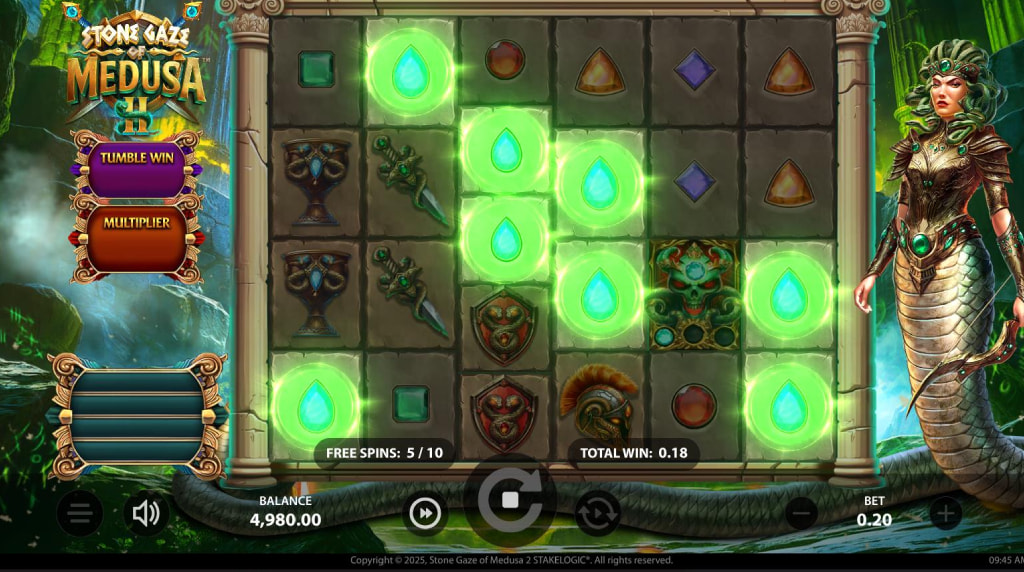DNS Blocking for Illegal Websites Enabled After Norwegian Government Passes Bill
Illegal iGaming and online sports betting operators active in Norway or planning to enter the jurisdiction’s market will have to be wary of the new addendum approved by the Government of Norway. The amendment has enabled the Domain Name System (DNS) blocking of websites that belong to illegal gambling operators that have made their services accessible to the individuals present in the Norwegian jurisdiction. The Ministry of Culture and Equality received the addendum in April this year from the nation’s regulator, Lotteritilsynet, to protect the integrity of the nation’s gambling monopoly.

DNS of illegal operators can now be blocked in Norway.
©Lukas Kloeppel/Pexels
While the Scandinavian nations of Denmark and Sweden have switched to a license-based gambling market, their Nordic neighbours Finland and Norway are still home to a gambling monopoly. Only two gambling operators in Norway can legally offer legitimate gambling services to Norwegian consumers. Norsk Tipping offers instant games, lotteries, sports betting, and scratch cards, while Norsk Rikstoto exclusively offers bets on horse racing. The state-owned operator has been Norway’s only legitimate provider of horseracing offers for 30 years after taking the segment over from Norsk Tipping in 1993. Last year, a ten-year monopoly extension was announced for Norsk Riksoto, as it will remain the nation’s exclusive horse race betting provider till the end of 2032. The horse racing industry of Norway benefits from Norsk Rikstoto because all the profit earned by the operator gets redirected towards the industry. Despite being the country’s only two legitimate gambling operators, Norsk Tipping and Norsk Ristoto must follow the gambling standards and be monitored strictly by the Lotteritilsynet.
Apart from supervising the two legal operators of Norway, Lotteritilsynet also has to watch for private operators trying to enter the Norwegian market illegally. Individuals can host gambling parties at their residences if a business does not back them. Many European countries have dropped their respective gambling monopolies over the past few years and switched to a license-based system that enables a plethora of gambling operators to enter their market and offer unique gambling products to the locals. The European Gaming and Betting Association (EBGA) has encouraged Norway to do the same. It is a move that Norway is expected to contemplate, given that players from its jurisdiction prefer gambling on illegal offshore sites. In a license-based system, a competitive market forces operators to offer lucrative bonuses that benefit their customers. In a monopoly, the sole operator does not have to do the same, as there is no competition. Additionally, the choice of games and the user interface could also be poor and less appealing compared to the ones offered by offshore operators.
Television commercials aired the promotions of offshore gambling operators in Norway, making gamblers aware of the illegal domains until 2021. That year, the Norwegian Government banned the distribution of TV advertisements from abroad. Over the years, the Norwegian Gambling Authority and the Government of Norway have implemented measures to combat illegal gambling. Earlier this year, the Government received a proposal to enable DNS blocking of offshore online gambling websites accessible in Norway from the nation’s gambling regulator. The government supported the proposal before The Ministry of Culture and Equality approved it recently. If a player tries to access one of the blocked sites, they will land on a page informing them that the domain has been blocked and the reason behind it. This is one of the most significant measures Norway has implemented to curb the problem of illegal gambling and to protect its gambling monopoly. Norwegian banks and financial institutions have already implemented a similar measure to track and stop unlawful gambling payment transactions.
Deputy Member of the Storting, Lubna Jaffery, who was appointed as Minister of Culture and Equality in June this year, commented on the addendum, the purpose, and its benefit.
“The government proposes to block websites that offer illegal gambling in Norway. – We do this primarily to prevent and limit gambling problems and to look after vulnerable players and their relatives. If the foreign gambling companies had followed Norwegian law, this would not have been imposed on the internet providers. Therefore, we have to regulate this by targeting actors over whom we have jurisdiction.”
The Danes Also Block Websites to Combat Illegal Gambling
The gambling markets worldwide, including monopolies and license-based markets, are locked in a battle with illegal operators. The operation procedure is different for the two different types of gambling markets. Still, the integrity of both markets gets threatened by unlicensed gambling operators trying to lure gamblers in with lucrative offers that could lead to heavy losses, gambling addiction, or harmful gambling. Gambling regulators of each jurisdiction have devised their methods or adopted measures used by other regulators to curb the problem.
Norway now uses DNS blocking to ensure player safety, but it is not the only nation to do so. One of its Nordic neighbours, Denmark, has also resorted to the same method and has blocked several illegal domains. Unlike Norway, Denmark’s gambling market is license-based. However, operators must attain a gambling permit from the regulator, Spillemyndigheden, to offer gambling in the jurisdiction. The Danish Gambling Authority has been blocking illegal domains for over ten years. Since 2012, Spillemyndigheden has blocked 276 illegal websites.
Kindred Exited the Norwegian Market After a Long Battle
The Norwegian Gambling Authority and Malta-based iGaming operator Kindred were locked in a long battle that spanned almost four years. One of the operator’s subsidiaries, Trannel, was accessible to players located within the jurisdiction of Norway. Hence, the Lotteritilsynet was forced to implement penalties on multiple occasions. The battle started in April 2019 when the Norwegian regulator ordered Kindred to cease its operation immediately. Kindred defied the ban and appealed against the decision. The operator lost the appeal a year later and the follow-up appeal in the Oslo District Court in 2022.
Kindred refused to leave the market because the operator believed there was nothing wrong with providing cross-border access to people in Norway under the European Gambling Laws. Additionally, the operator held a Maltese gambling license that followed all European gambling directives. As a result, the Norwegian regulator hit Kindred with daily fines worth €120,000 till the company pulled Trannel out of Norway. Lotteritilsynet revoked and reinstated the fines multiple times as the battle waged on until September this year, when Kindred finally decided to exit the market. Apart from Trannel, other notable names like Betsson and Bet365 also left Norway.



